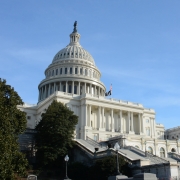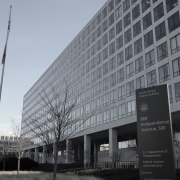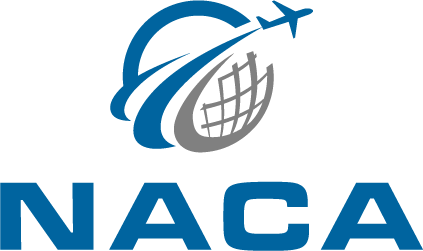On September 9, 2020, NACA President and CEO George Novak sent a letter to Gen. Gustave Perna, leader of Operation Warp Speed, to offer assistance and encouraging the time-critical vaccine delivery project to make better use of vast U.S. commercial airlift capabilities in accomplishing its vital mission. The letter was copied to the Secretaries of Defense, Transportation, and Health and Human Services.
“Operation Warp Speed is preparing for a critical, time-sensitive mission,” Novak said in a statement. “As part of the Civil Reserve Air Fleet, NACA’s members have proven capability in providing on-demand support to the U.S. Armed Forces with little notice throughout North America. It’s important that the leaders of Operation Warp Speed use all of the assets at their disposal as they plan for distribution of the vaccines. We look forward to working with them to determine how best to support their mission.”
In part, the letter states:
” … it is our understanding there are significant logistical challenges associated with the imminent requirement for distribution of the vaccines. We are deeply concerned by the strong possibility of disruptions in the system if the effort to move vaccines across the country is restricted to only one or two large air cargo carriers … The complexity and importance of this critical task can best be addressed by a unified national effort from significant portions of the U.S. air cargo industry. A more diversified airlift fleet can not only cover more of the U.S. population more quickly and efficiently but can also provide protection from unforeseen disruptions to an overly narrow distribution channel … The involvement of these cargo carriers, along with others, will ensure disruptions are minimized and we are meeting this mission at the national level involving every asset, expertise and capability at our disposal.”
Read the full text of the letter here.




